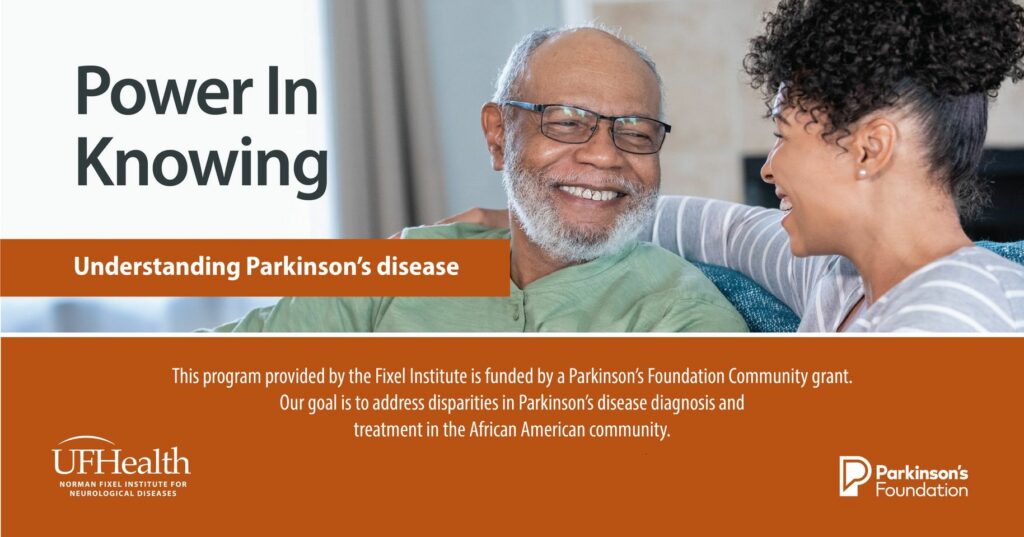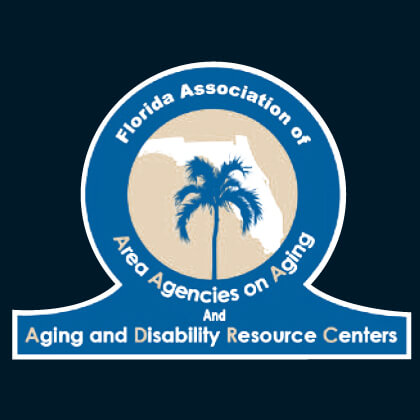Fixel Institute Parkinson’s Program Reaches African and Black American Population
Parkinson’s disease (PD) affects people of all races, ethnicities and ages. However, there is a common misconception that PD only impacts older white men. This has been exacerbated and stereotyped by images of older white men demonstrating a hunched-over posture with tremors all over the internet and social media.
However, this assumption that PD affects primarily white men, has contributed to a disparity in racial and ethnic minorities across the country. With this bias and the fact that many PD symptoms can mimic typical aging, or without proper health education or training to community physician, the early symptoms of PD can often be overlooked or misdiagnosed. Such that, epidemiology studies show that up to 78% of PD cases are undiagnosed.
Despite recent calls for changes to the images and portrayals of PD, there is still a clear disparity in racial and ethnic minorities across the country. Therefore, Black Americans, Asian Americans and Hispanic Americans adults have oftentimes had difficulties receiving a diagnosis of PD.
To combat a small part of this disparity in the Fixel Institute obtained a community grant through the Parkinson’s Foundation.
The Fixel Institute initiated the “Power in Knowing” program aimed at educating the Black and African American community on the symptoms of PD through a series of three programs offered at local community churches in town. Fixel Institute movement disorder specialist neurologist, Ashley Rawls, MD, was the primary speaker, along with several key members from the rehabilitation team and neurology department. Free literature from the Parkinson’s Foundation, handouts and a fast track access to see a neurologist for potential diagnosis was given to attendees of the program.
Additionally, as part of the community grant, education to the community occurred through:
- Facing Parkinson’s Disease Head On blog with a featured story from a current patient living with Parkinson’s disease
- MedEd Podcast discussing diversity challenges in Parkinson’s disease
With the funds from the Parkinson’s Foundation, the dedication from the team at the Fixel Institute and the wonderful community members that have volunteered their times to serve others, the “Power in Knowing” program hopes to serve as a catalyst for continued diversity outreach. Continued efforts from the Fixel Institute and the Parkinson’s Foundation are aimed at combating these disparities.
If you would like more information on how to get involved in programs like this in the future, reach out to the coordinator of the “Power in Knowing” program, Heather Simpson, OTD, OTR/L (heather.simpson@shands.ufl.edu).
The Fixel Institute is committed to diversity and serving the underserved. With our diverse multidisciplinary team, we hope to bring a broad approach to clinical care to people living with Parkinson’s disease and Parkinsonisms. If you are interested in having your patient evaluated by a movement disorder specialist at the Institute, reach out to our center at 352.294.5400.




